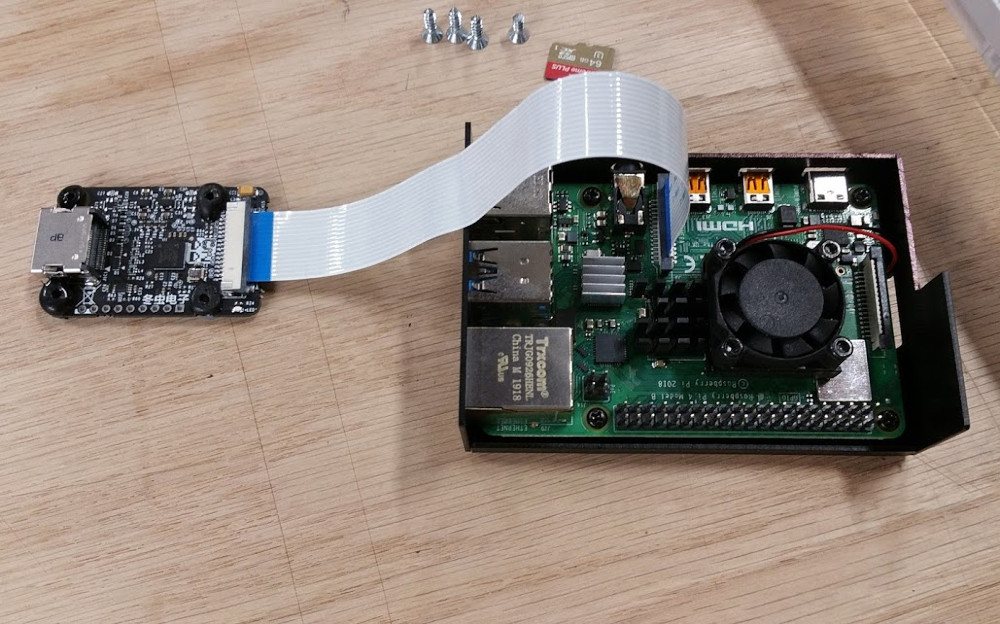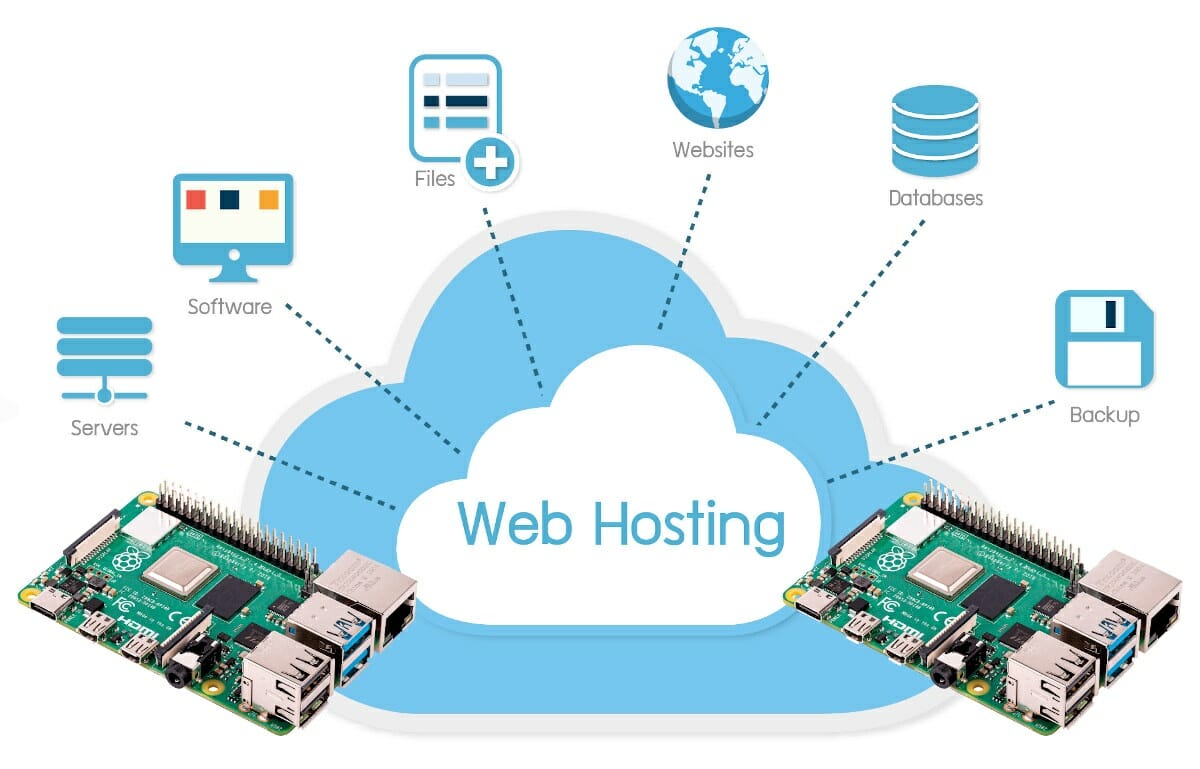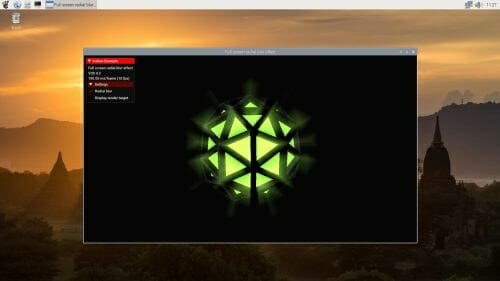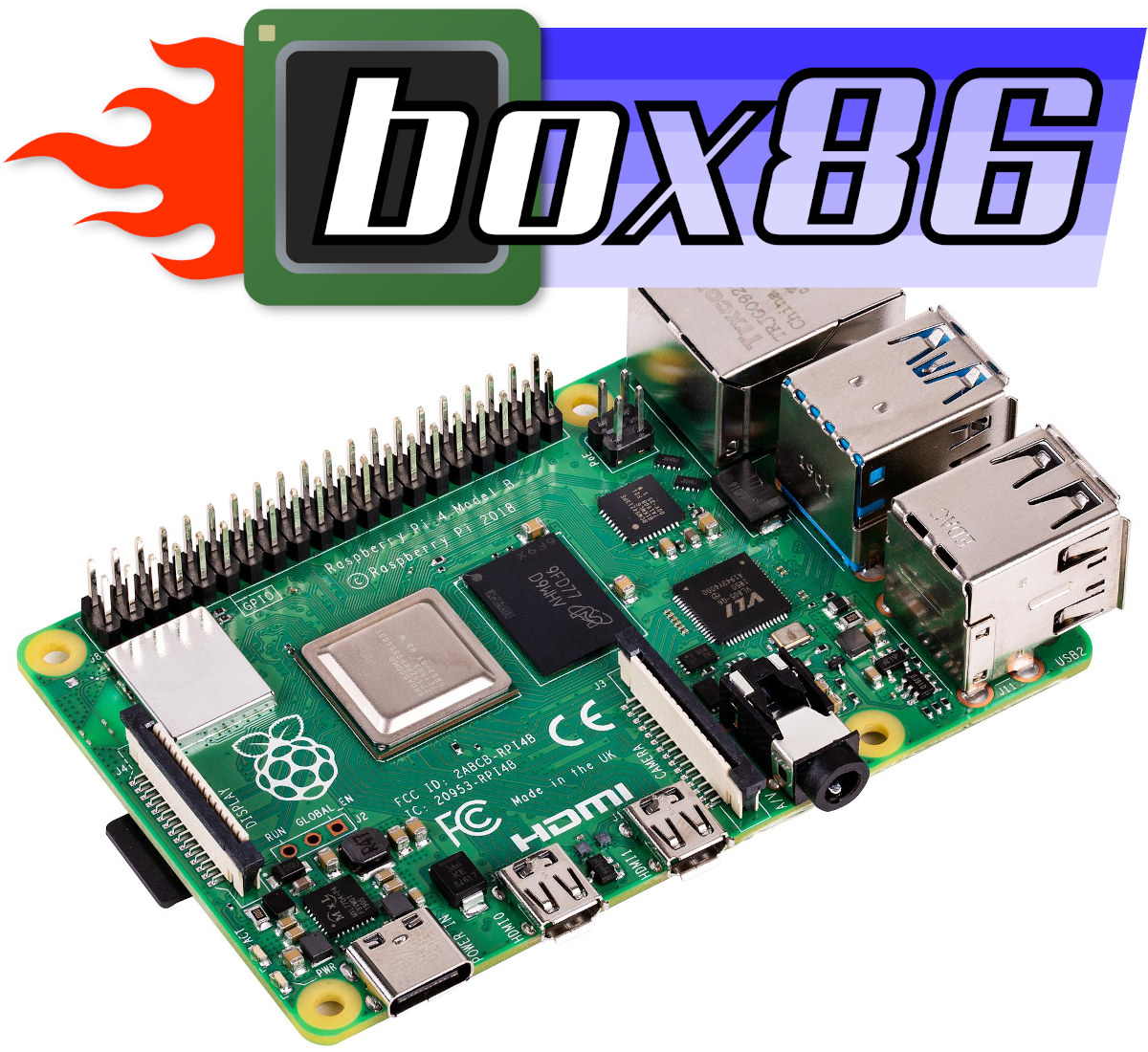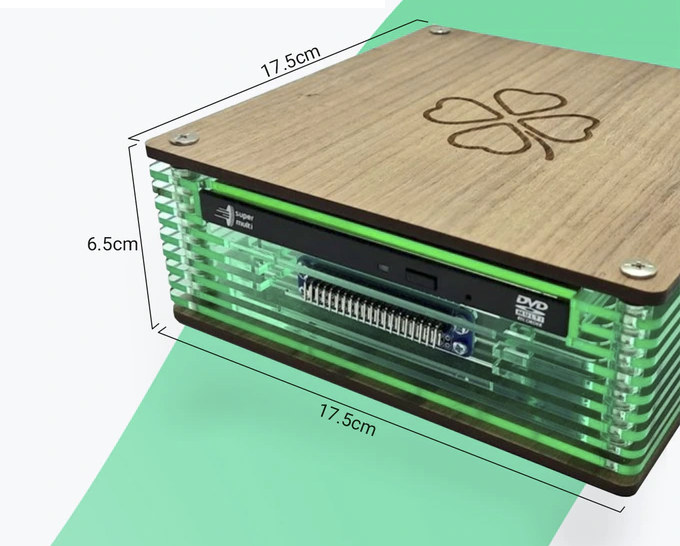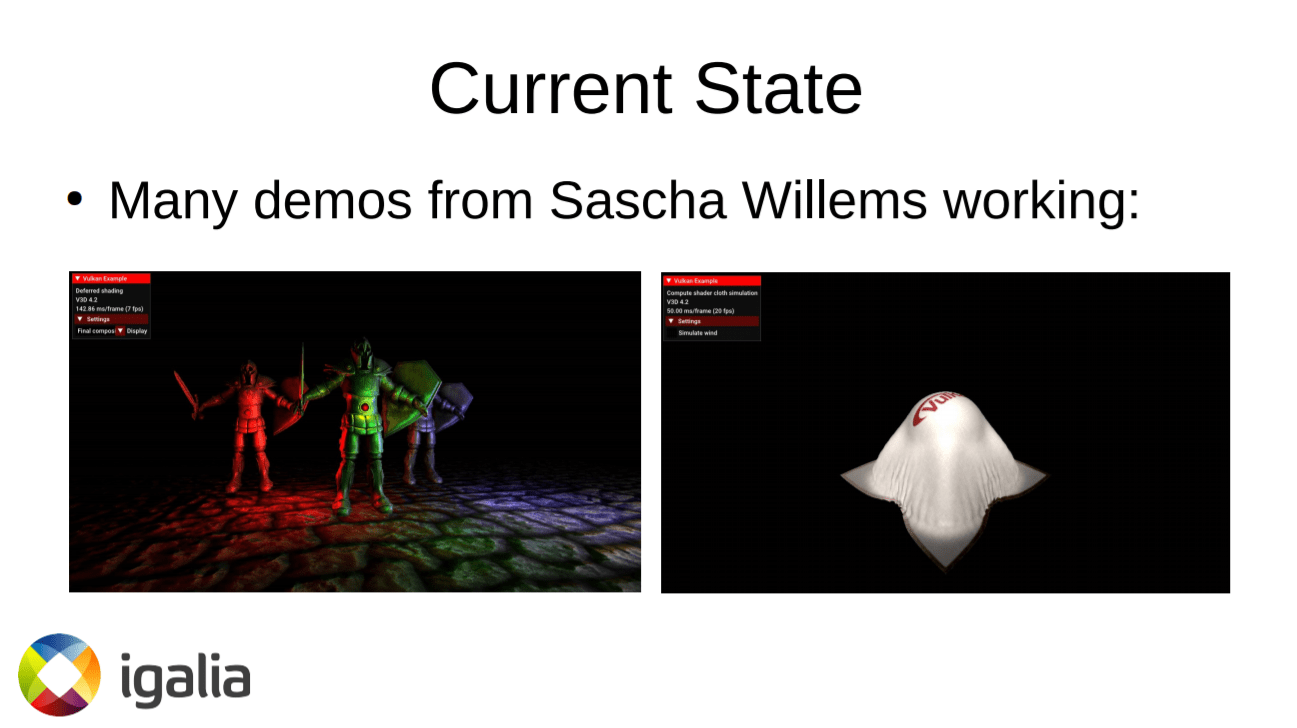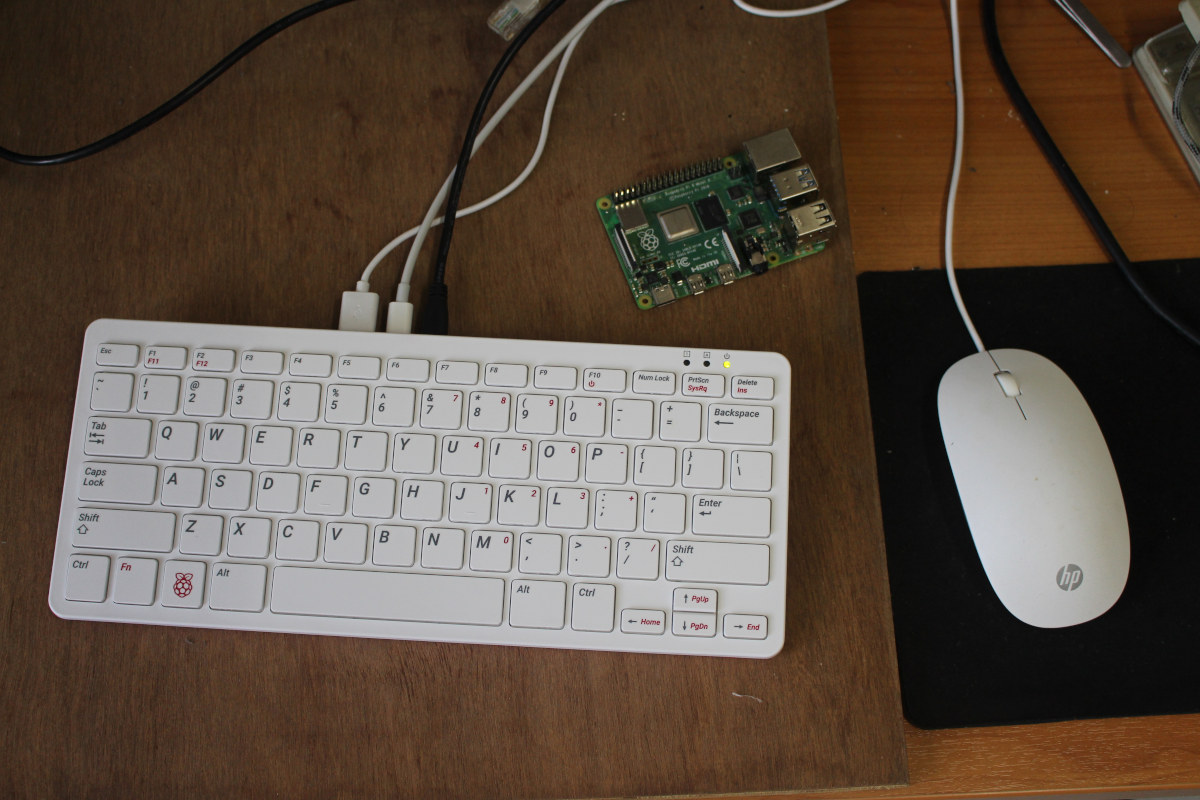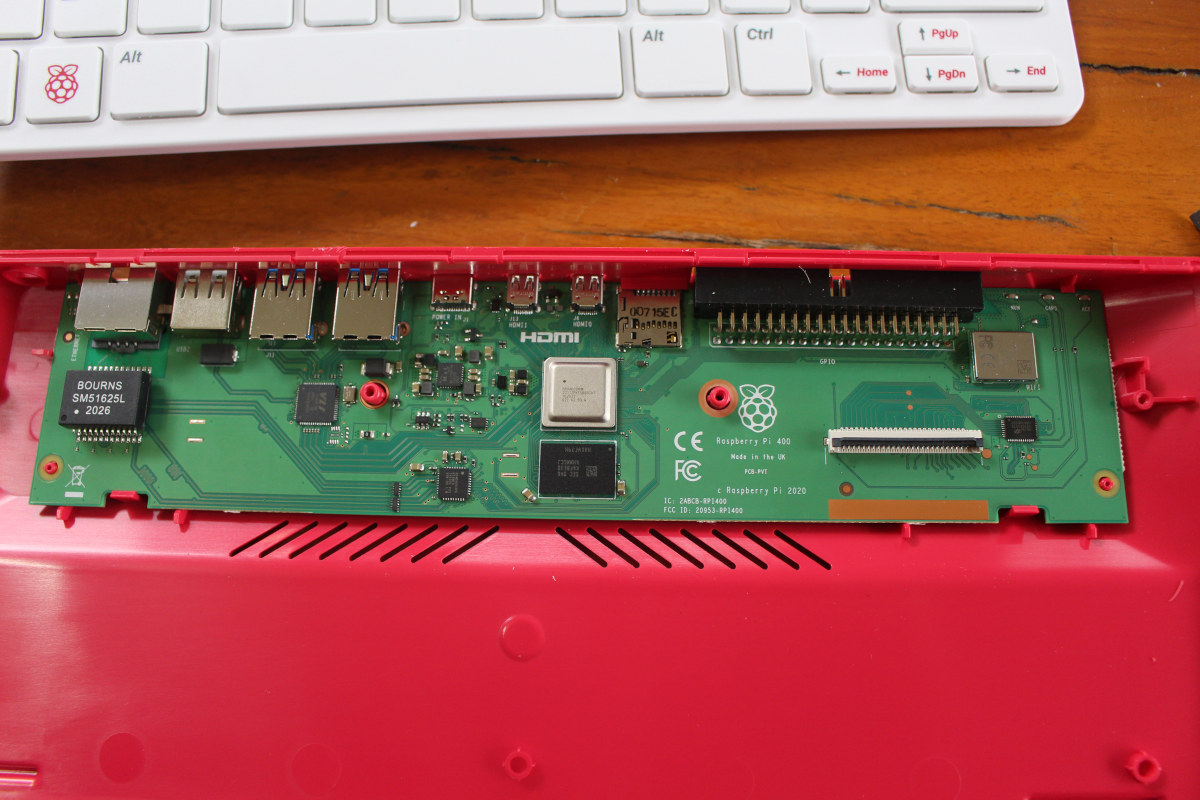Traditional IP-KVM systems may cost you hundreds of dollars. DIY Pi KVM over IP is a very simple and fully functional Raspberry Pi-based KVM over IP that you can make yourself. If you do not know what IP-KVM is, it stands for keyboard, video, and mouse. It allows you to connect to a computer or a server remotely. With this, you can fix problems such as configuring the BIOS or reinstalling the OS using a virtual CD-ROM or flash drive. You can see the v2 example implementation in the above image. Pi-KVM v0 and v2 are ready-made images available for download for Raspberry Pi. You will find all the required hardware in the “Getting Started” section for the v0 and v2 platform for Raspberry Pi. In the figure below you can see the B101 HDMI-to-CSI bridge connected to the Raspberry Pi. The team is working to launch the v3 board […]
IKOULA hosts Raspberry Pi 4 “micro server” for 4.99+ Euros per month
Hosting services for Arm single board computers where you pay a monthly fee for a board, and have it hosted in a datacenter with Internet access and easy provisioning have been around for over six years. Last summer, we reported that Mythic Beasts and mini Nodes had added Raspberry Pi 4 hosting plans to their offerings, and others commented there were also other companies. But I’ve just been informed IKOULA, a hosting company based in France, had introduced Raspberry Pi 4 “micro server” hosting plans starting at just 4.99 Euros ex. VAT per month. The hosting plans include the following: Micro server – Raspberry Pi 4 SBC with 4GB DDR4 RAM Storage – 16GB SD card (optional 120 GB SSD) Connectivity – IPV6 only, with IPv4 as an option Bandwidth – 1 Gbit/s Availability – 99.95 % The company offers Raspbian (Raspberry Pi OS), Ubuntu 20.04 32-bit or 64-bit for […]
Raspberry Pi 4 V3DV graphics driver achieves Vulkan 1.0 conformance
Just a couple of weeks ago, we reported on the status of Raspberry Pi 4 Vulkan driver & future plans based on a presentation made by Igalia at the Open Source Summit 2020 at the end of October. At the time, the V3DV Vulkan Mesa driver for Raspberry Pi 4 was merged into Mesa, passed over 100,000 tests in the Kronos Conformance Test Suite (CTS), and was said to implement the full Vulkan 1.0 API. So it should come as no surprise that Khronos has now declared the Raspberry Pi drivers to be conformant with Vulkan 1.0 specifications. This was tested in Raspberry Pi OS with Linux 5.4.51 using X11 display server at 1920×1080 resolution on Raspberry Pi 4. Vulkan 1.0 conformance means the V3DV Mesa driver has passed all tests from Khronos CTS and should be compatible with most applications using this version of the API. The drivers will […]
Box86 is an x86 Emulator for Raspberry Pi and other 32-bit Arm platforms
Last week, we wrote about Raspberry Pi 4 Vulkan project status and future plans, and one person commented they are currently trying to get dxvk to work Box86, and that CNX Software should write about the latter. Cool, but what does that mean? dxvk is an open-source Vulkan-based implementation of D3D9, D3D10, and D3D11 for Linux, and Box86 is a Linux userspace x86 emulator that works on 32-bit Arm targets like the Raspberry Pi SBC. Nice, and I remember I ran x86 Linux and Windows on Raspberry Pi a few years ago using a closed-source commercial program called Exagear, but having an open-source solution is even better. That means 64-bit Arm is not supported at all, and Box86 can not even be built for Aarch64 targets. Since many x86 games require OpenGL, as opposed to OpenGL ES, Box86 works best in conjunction with gl4es. By installing Box86 on Raspberry Pi […]
Rock Pi 4B or Raspberry Pi 4 based mini PC runs RISC OS Cloverleaf (Crowdfunding)
First released in 1987 by Acorn Computer Ltd, RISC OS was the first operating system designed to run on ARM processors, and specifically on the company’s Archimedes personal computer. I don’t think I had ever heard about the operating systems until it was ported to the Raspberry Pi SBC by RISC OS Open Ltd (aka ROOL) who manage the publication of RISC OS source code. But there’s also a separate project called RISC OS Cloverleaf which aims to further develop the open-source operating systems, and just launched a Kickstarter campaign to fund software development, and they also offer two mini PCs running RISC OS Cloverleaf with namely Cloverleaf Puma powered by a Rock Pi 4B SBC, and Cloverleaf Kitten featuring a Raspberry Pi 4 board. Cloverleaf Puma / Kitten key features and specifications: SBC Cloverleaf Kitten – Raspberry Pi 4 with Broadcom BCM2711 SoC, 4GB DDR4 RAM Cloverleaf Puma – […]
Raspberry Pi 4 Vulkan Project Status & Future Plans – Q4 2020
Igalia has been developing a new open-source Mesa driver for the Raspberry Pi 4 since December 2019 and announced the implementation of the classical triangle Vulkan demo last February. Four months after the announcement of the Vulkan effort for Raspberry Pi 4 (v3dv), they merged with Mesa upstream. This means Raspberry Pi 4’s v3dv Vulkan driver has become part of the official Mesa drivers. Thus, bringing several advantages, like easy to find as it is now available on the official Mesa repository. Bugs can now be filed on the official Mesa repository bug tracker. In June, they passed over 70,000 tests from the Khronos Conformance Test Suite for Vulkan 1.0 and had an implementation of a significant subset of the Vulkan 1.0 API. This does not mean that the driver is ready for production use as they have implemented the full Vulkan 1.0 API. They are now passing over 100,000 tests in the Kronos […]
Raspberry Pi 400 Keyboard PC Review and Benchmarks vs Raspberry Pi 4
Raspberry Pi 400 keyboard computer with Broadcom BCM2711C0 1.8 GHz processor has just launched, and we already published a teardown of the Raspberry Pi 400 hardware to check out the cooling solution and overall hardware design. In this review, we’ll mostly focus on Raspberry Pi 400 and Raspberry Pi 4 differences, since both devices mostly rely on the same chips. After checking the different features, we’ll run Thomas Kaiser’s “SBC Bench” script to test thermal cooling and benchmark both RPi hardware platforms. Raspberry Pi 400 vs Raspberry Pi 4 Model B Features Since under the hood, the two platforms are very similar, we’ll highlight the difference as shown in the table below courtesy of Cytron. Price is not shown in the table above, but Raspberry Pi 400 costs $70, while Raspberry Pi 4 with 4GB goes for $55. That’s $15 extra for a keyboard, case, and cooling solution, so the […]
Raspberry Pi 400 Teardown – Heat spreader and motherboard
The Raspberry Pi Foundation has just introduced the Raspberry Pi 400 keyboard computer with the guts of Raspberry Pi 4 SBC, 4GB RAM, and a 78-key keyboard. I got a sample courtesy of Cytron, so before we test the device in more detail, I decided to have a look at the internals with a teardown. Raspberry Pi 400 keyboard PC can easily and safely be opened with an old credit card or other hard cards – I used a card holding a SIM card – that you can swipe between the pink case and the white keyboard to pop out the keyboard. The keyboard is attached to the mainboard with a flat cable, so we can lift the black part of the connector to take it out, and this will reveal the large heat spreader (metal plate) that, as we’ll soon see, is the secret sauce to keep the computer […]


